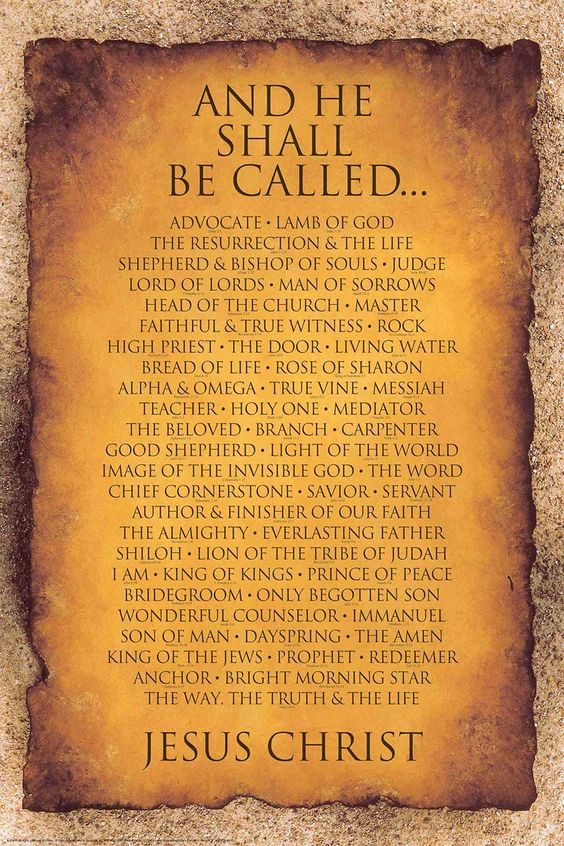Bless the LORD, ye his angels, that excel in strength, that do his commandments, hearkening unto the voice of his word
– Psalm 103:20
Psalms 103:20
Bless the Lord, ye his angels
For their creation, being made by him; for their preservation, living, moving, and having their being in him; and for their happiness, in which they are continued, owing to their being chosen of God in Christ, and to their confirmation by Christ. These are always employed in the work of blessing and praising the Lord nor are they in the least backward to it, nor remiss it; nor does this address unto them suppose anything of this kind. The design of the psalmist is only to show how great and good the Lord is; that angels, the more excellent order of creatures, are under obligation to him, and are bound to praise him: and his further view is, to stir up himself and others to this work, from such a consideration, that such noble creatures are employed in the same, and who are further described:
that excel in strength;
or, “are mighty in strength” F5; they are called mighty angels, ( 2 Thessalonians 1:7 ) an instance of the might and power of an angel see in ( 2 Kings 19:35 ) . These, not having sinned, have lost nothing of their original strength and power, and therefore must greatly excel fallen man; who is become a very weak creature, and unable to do the will and work of God, which angels are, as follows:
that do his commandments;
or “his word” F6; what he orders to be done: this they do readily and willingly, constantly, perfectly, and completely; see ( Matthew 6:10 ) .
Hearkening to the voice of his word;
they stand before the Lord, waiting his orders; listening with great attention to what he says, and then readily execute it. Or, “at hearing the voice of his word”; that is, as soon as they hear the voice of his word, or hear him speaking {g}, immediately they apply themselves to the performance of it.

20 Bless the LORD, ye his angels, that excel in strength, that do his commandments, hearkening unto the voice of his word.
What does Psalm 103:20 mean?
In this verse David calls on angels to bless, which in this context means to praise, their God. He describes the angels as mighty and obedient to God’s Word. They listen for the faintest disclosure of His will.
The adjective “mighty” means powerful in strength and valor, and it is applied to warriors or conquerors or men of great ability (Judges 6:12; 11:1; 1 Chronicles 26:6). The account of the Assyrian forces that laid siege to Jerusalem in the time of King Hezekiah shows how mighty the angels are. The angel of the Lord—a single being—descended on the Assyrians during the night and killed 185,00 of them (2 Kings 19:35). While some think that might have been a pre-incarnate Jesus, any being described as an “angel” in the Bible bears immense power.
When Jesus returns to earth, He will be accompanied by His mighty angels and will judge those who do not know God and do not obey the gospel (2 Thessalonians 1:7–8). In the tribulation period a mighty angel with a loud voice, like a lion roaring, will stand with his right foot on the sea and his left foot on the earth (Revelation 10:2–3).
Context Summary
Psalm 103:20–22 contains the closing verses of this passage. David calls upon the Lord’s angels and all His created beings to join in blessing the Lord, which in this context means to praise Him with strong affection. Psalm 150 concludes the book of Psalms with a similar call to praise the Lord. Praise to the Lord is appropriate because of His blessings (Psalm 103:1–13), His eternal love and righteousness (Psalm 103:17–18), and His sovereign rule over heaven and earth (Psalm 103:19).
Chapter Summary
Psalm 103 praises God for what He has done. This includes celebration of His personal influence, as well as the way God has blessed the nation of Israel. David encourages praises from himself, from the people in general, and even from the angels and hosts of heaven. source

